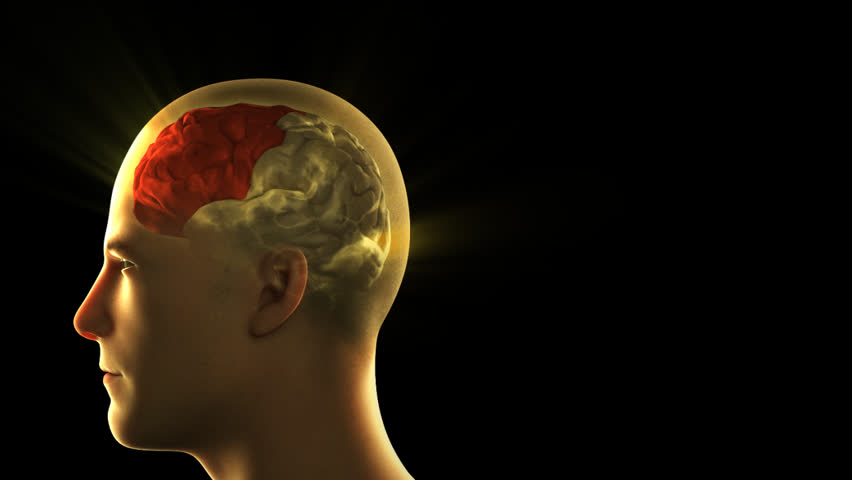)
Brain
damage is an injury that causes the destruction or deterioration of brain cells. Many
factors disrupt the brain's normal functioning.
Traumatic Brain Injury (TBI)
is caused by an external force -- such as a blow to the head -- that causes the brain to
move inside the skull or damages the skull.
Acquired Brain Injury (ABI) occurs at the
cellular level. It is most often associated with pressure on the brain. This
could come from a tumor. Or it could result from neurological illness, as in
the case of a stroke.
1: Missing breakfast
Breakfast-eaters tend to have lower rates of heart disease, high blood
pressure and high cholesterol, the American Heart Association reported earlier this year, but the group says the
science isn’t strong enough to suggest that people who don’t normally eat
breakfast should start. On the other hand, some research has even suggested
that fasting for longer overnight periods (eating an early dinner, for example) could actually help people lose weight.
2:
High sugar consumption
If you have joint pain, here's more reason to
lay off the candy: Eating lots of sweets has been shown to worsen joint pain
because of the inflammation they cause in the body. Plus, studies show that sugar consumption can increase your risk of developing
rheumatoid arthritis.
3. Air pollution
The brain is the largest oxygen consumer in your body.
Inhaling polluted air reduces the supply of oxygen to the brain, bringing about
a reduction in brain efficiency.
Tests done on mice show that in the long run dirty air could
in fact cause actual physical changes to the brain which in turn have negative
effects.
The polluted air was the same as that created by cars,
factories and natural dust and contained fine particulates about a thirtieth
the size of a human hair, 2.5 micrometers, which can reach deep areas of the
body’s organs.
4. Sleeping
Late
Sleep allows our brain to relax. Long term deprivation from
sleep will speed up the death of brain cells.
That means that teenagers who stay up late most nights
before struggling in to school the next day may have to worry about not just
being drowsy during lessons, but brain damage.
A new study suggests they could suffer negative effects for
the rest of their lives. U.S researchers found that short-term sleep
restriction averts the balanced growth and depletion of brain synapses, which
are the connections between nerve cells where communication occurs.
5. Wearing Cap, Scarf or Socks While
Sleeping
Gaseous exchange is a requirement between our body cells and
the atmosphere. If we cover our head and other parts of the body while
sleeping, it leaves a bad impact on our brain. So never wear any cap, scarf or
socks while you sleep. It’s a very bad habit that people are used to doing when
cold.
6. Eating excess
of junk food
What happens to your brain cells when they aren’t provided
with the healthy nutrients you need to survive? Your brain cells starve and
die! A little bit of junk food will never hurt, especially when you require it
for emergency preparedness. Junk food acts as a comfort food and prevents food
fatigue in cases of emergency and should not be wholly overlook. However,
eating unhealthy food on a consistent basis without any healthy food will cause
brain cells to die. Again, you have complete control over what you choose to
eat. Pick healthy foods and give your brains the adequate nutrients that they
need to live prosperously.
7.
Drinking too much alcohol
How many brain cells can die after drinking one beer can?
That depends on the percentage of alcohol in that beer. Chances are good
that drinking just one beer will not kill any. Getting drunk probably won’t
even kill any brain cells. Alcohol can cause a temporary chemical imbalance and
structural changes. If you are an alcoholic or you frequently “drink too much
alcohol,” you will most likely kill more brain cells. MRI’s of alcoholic
patients show a decreased brain volume.
ATTENTION:
Common myths about sobering up include drinking black
coffee, taking a cold bath or shower, sleeping it off, or walking it off. These
are just myths, and they never work. The only thing that reverses the effects
of alcohol is time-something you may not have if you are suffering from alcohol
poisoning. And many different factors affect the level of intoxication of an
individual, so it is not simple to gauge exactly how much is too much.


No comments:
Post a Comment